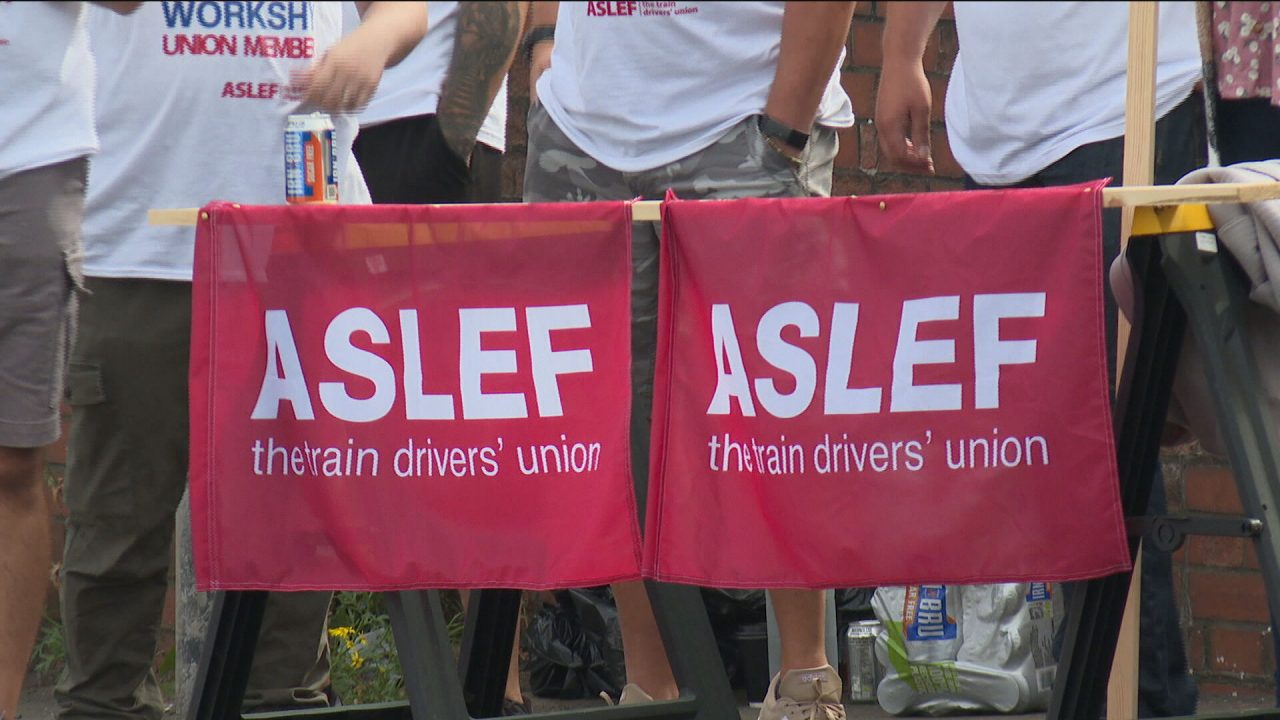Disruption is expected on some Scottish railways on Wednesday as train drivers across the UK walk out on strike.
Members of the ASLEF train drivers union are due to strike across 12 rail companies in the second round of industrial action planned for October in a dispute over pay and conditions.
While this dispute does not involve ScotRail staff, a number of other rail services which connect Scotland with areas across the UK are expected to be impacted.
Trains from CrossCountry, Northern Trains, Avanti West Coast and LNER services to and from Glasgow and Edinburgh are among those to be affected.
Union members also walked out on strike on Saturday, October 1, along with members from the RMT union including safety staff from Network Rail.
The next RMT strike is planned for Saturday, October 8.
The RMT union has also announced strike action on October 10 as part of the ongoing pay dispute with ScotRail.
The rail provider said contingency plans for this date are yet to be announced.
Commenting on Wednesday’s strike action, Mick Whelan, ASLEF’s general secretary, said: “We would much rather not be in this position. We don’t want to go on strike – withdrawing your labour, although a fundamental human right, is always a last resort for this trade union – but the train companies have been determined to force our hand.
“They are telling train drivers to take a real terms pay cut. With inflation now running at 12.3% – and set, it is said, to go higher – these companies are saying that drivers should be prepared to work just as hard, for just as long, but for considerably less.
“The companies with whom we are in dispute have not offered us a penny. It is outrageous that they expect us to put up with a real terms pay cut for a third year in a row. And that’s why we are going on strike. To persuade the companies to be sensible, to do the right thing, and come and negotiate properly with us. Not to run up and say, ‘Our hands are tied and the government will not allow us to offer you an increase’.
“Train drivers kept Britain moving – key workers and goods around the country – throughout the pandemic and we deserve to be treated better than this. That’s why we are calling on the companies – which are making big profits, and paying their chief executives enormous salaries and bonuses – to make a pay offer to our members to keep up with the rise in the cost of living.”
The Rail Delivery Group, the British rail industry membership body, said the strikes “are not in the long-term interests of rail workers”.
A spokesperson said: “These strikes will once again hugely inconvenience the very passengers the industry needs to support its recovery from the ongoing impact of the pandemic.
“The strikes are not in the long-term interests of rail workers or building a sustainable rail industry. We want to give our people a pay rise, but without the reforms we are proposing, we simply cannot deliver pay increases.
“Revenue is still around 80% of pre-pandemic levels, no business can survive that scale of upheaval without implementing change.
“The actions of union leaders have very real consequences: every strike day takes more money out of their members’ pockets. We want to see the industry and its people thrive – we are asking the unions’ leadership to do the right thing, call off these damaging strikes and work with us to make that happen.”
Follow STV News on WhatsApp
Scan the QR code on your mobile device for all the latest news from around the country


 STV News
STV News
























